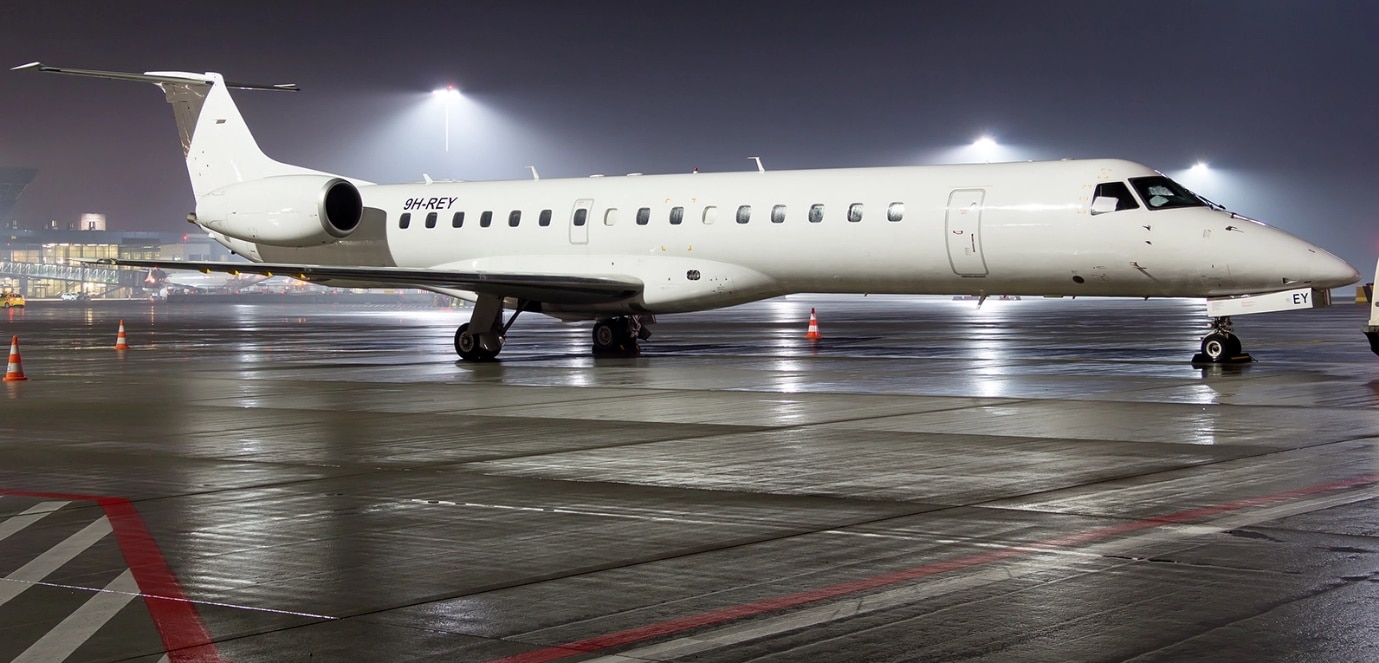Zimbabwe named among top countries blocking airline funds
Zimbabwe owes international airlines a total of US$69 million in funds that could not be repatriated, according to the International Air Transport Association (IATA).
Money or capital realised when a foreign operation involving the transfer of funds is stopped due to rules imposed by the Government of the nation where the money was earned is known as blocked funds.
The latest figures from IATA show that Zimbabwe is among eight countries that account for 87 percent of the total blocked funds, amounting to US$1,6 billion.
The blocked funds in Zimbabwe have been held for seven years. Foreign airlines such as South African Airways, IATA, and other external investors were failing to recoup the blocked funds owing to foreign currency shortages in the country.
IATA indicated that the situation has become “severe” in Pakistan and Bangladesh, with airlines unable to repatriate $731 million of revenues earned in these markets.
Blocked funds in both countries were held for nearly 3 years and a month.
“Pakistan and Bangladesh must release the $731 million in blocked funds immediately to ensure airlines can continue providing essential air connectivity. In Bangladesh, the solution is in the hands of the Central Bank, which must prioritise aviation’s access to foreign exchange in line with international treaty obligations.
“The solution in Pakistan is finding efficient alternatives to the system of audit and tax exemption certificates, which cause long processing delays,” Willie Walsh, IATA’s Director General said in a statement.
Accordingly, the total blocked funds at the end of April stood at approximately US$1,6 billion, a reduction of US$708 million since December 2023.
IATA reaffirmed its demand that governments remove all obstacles to airlines’ repatriation of earnings from ticket sales and other operations in compliance with their duties under international treaties and accords.
“The reduction in blocked funds is a positive development. The remaining $1,6 billion, however, is significant and must be urgently addressed. The efficient repatriation of airline revenues is guaranteed in bilateral agreements.
“Even more importantly, it is a pre-requisite for airlines who operate on thin margins to be able to provide economically critical connectivity. No business can operate long-term without access to rightfully earned revenues,” Walsh said.
A sizable amount of money that had been frozen in Nigeria was the primary cause of the decrease.
Egypt also approved the substantial amount of frozen money to be cleared.
But in each instance, the depreciation of the Nigerian Naira and the Egyptian Pound hurt airlines.-ebsuinessweekly











